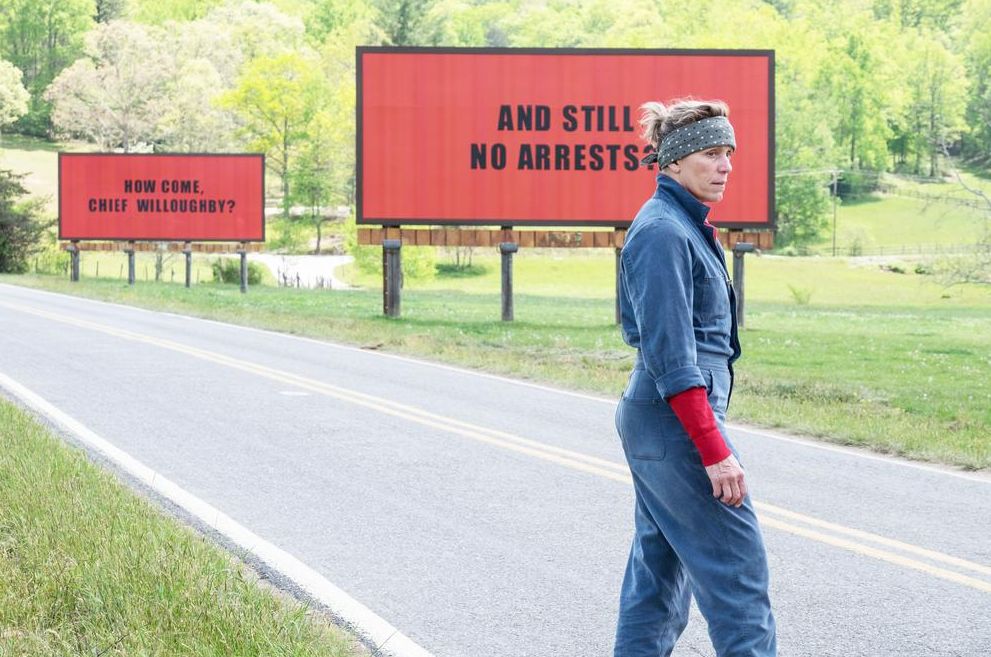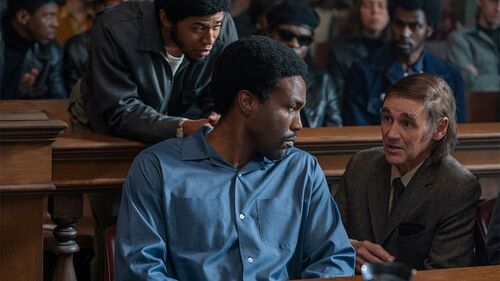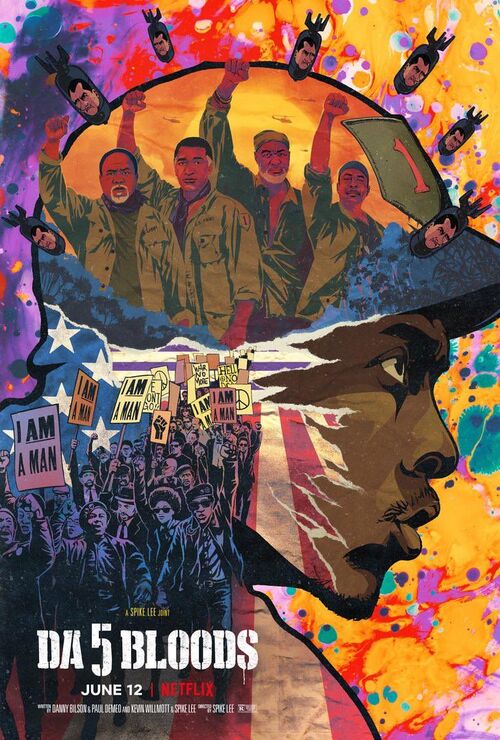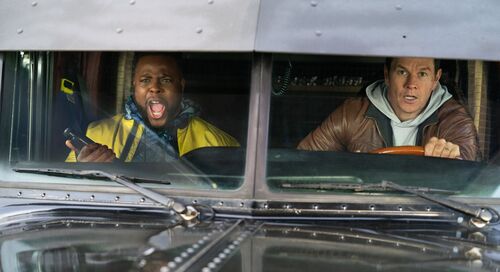
'Three Billboards Outside Ebbing, Missouri' review
 Grief begets anger in Martin McDonagh’s 'Three Billboards Outside Ebbing, Missouri'. Anger goes on to begat empathy and introspection in what, quite surprisingly, is this Irish director’s most heartfelt film, despite its rough and sardonic packaging. As one of my main takeaways, I realised it was time for me to start work on my shrine to the thespian goddess Frances McDormand. After winning my heart with her earnestly blithe and sunny performance in chilly 'Fargo', McDormand ascends to higher heights with a showing singed with some buoyant nastiness and exuding a fierce charisma perfectly placed to anchor the blackest of black comedies. Every three years or so years, McDonagh reminds me of why this is my favourite genre of film.
Grief begets anger in Martin McDonagh’s 'Three Billboards Outside Ebbing, Missouri'. Anger goes on to begat empathy and introspection in what, quite surprisingly, is this Irish director’s most heartfelt film, despite its rough and sardonic packaging. As one of my main takeaways, I realised it was time for me to start work on my shrine to the thespian goddess Frances McDormand. After winning my heart with her earnestly blithe and sunny performance in chilly 'Fargo', McDormand ascends to higher heights with a showing singed with some buoyant nastiness and exuding a fierce charisma perfectly placed to anchor the blackest of black comedies. Every three years or so years, McDonagh reminds me of why this is my favourite genre of film.
We first get a glimpse of McDormand‘s character’s weary eyes through a rear-view mirror as she drives by the titular billboards. She is first identified as the mother of a slain daughter, Angela, who was raped, murdered and brunt to be exact. We then come to learn her name is Mildred as she leases the billboards for a year and sets in motion a sequence of events that paint a nuanced picture of this small close-knit town, and some of key inhabitants, which turns out to be a placeholder for much more.
Angela has been dead for about a seven months but the case of her rape murder has gone cold. There was no DNA and the police department had little to work with. Anger still burns inside her. I can’t tell if it’s the lack of progress in the case or the weight of the loss still bearing down on her, or both. But she is angry and she takes action. After renting out the billboard space, she calls out the police chief, played by Woody Harrelson, asking why there has been no progress in finding her daughter’s killer. Before we know it, the media jumps on her story, magnifies it and now, basically, the whole town is angry because, among other things, they feel the very likeable police chief is being picked on.
Mildred seems to be the only one still grieving for Angela. Everyone else seems to have moved on, or is at least trying to. Mildred’s wickedly sarcastic son, Robbie, (Lucas Hedges putting in a fine performance in another film about grief after ‘Manchester by the Sea’), is upset his mother has taken it upon herself to ensure there is a giant reminder of his loss every trip to and from school. Mildred’s quick-tempered, abusive and uncomfortably hilarious ex-husband, Charlie, (John Hawkes) is dating a girl young enough to be his daughter in what is clearly a phase. They mesh together as one of the nastiest and ludicrously foulmouthed families I have seen in film, in a way only McDonagh could envision.
Beyond them, in one of the surprises of the ‘Three Billboards…’ and a mark of the brilliant screenplay, McDonagh eases towards the crux of his story by giving us a compelling reason for the town’s ire towards Mildred. ‘Three Billboards…’ really is about catharsis; about characters searching for a release because that just seems to be the way people are wired. The character that rams this home the most is the pudgy shady dentist who is a little too eager to take a drill to Mildred’s mouth. Okay, I’m just playing, although our encounter with him leaves us seriously wondering why the town folk are so angry and oblivious to Mildred's grief and even more righteous anger. McDonagh’s script provides the juicy study in the character played by Sam Rockwell's irritable, hot-headed and possibly bigoted police officer. He’s even looking plumper than usual, making it easier to call him a racist pig.
But as the story unravels, we realise McDonagh is slowly milking some sympathy for Rockwell’s Dixon. Our director really tests our limit to tolerate certain slimy traits. He also tests the limits of some of his characters and he proves to us, through them that, that there is a beaming light of humanity shining through the jet black tone of this story. It’s almost like a bible story and McDonagh is God. He piles up the flaws for Dixon, which Rockwell duly obliges to with a quite feisty and physical performance that would have passed for mere comic relief in a lesser writer’s hands. Thankfully McDonagh is anything but.
There are a number of nice performances spiced into the film. I thought Caleb Landry Jones, in particular, was very good. But St.McDormand is everything here in the kind of performance I feel like I only seen men give. Her cadence evokes some sort of cross between Nick Nolte and Al Pacino. She always seems to be in this mechanics type onesie with a bandana around her forehead. Her intense stare matches her mean spirit and she sometimes cuts a properly intimidating figure. Mildred is at that point of life where she will not suffer any fools. In one of ‘Three Billboards…’ stand out scenes, Mildred really sinks her teeth into a poor priest with a vicious and well-argued monologue because he was acting a little too nosy for her liking.
These aspects of McDormand’s performance are obviously enjoyable. She is simply stunning in this form. But on second viewing, the subtleties of her performance become more apparent – the aspects that give us a glimpse of not the loud feisty anger but the quite pain, guilt and fear. It’s in these moments that we truly start connecting with her character and seeing her more as your conventional grieving mother. At times it looks like she just wants a hug and someone to identify with her.
I didn’t expect such a complex story from ‘Three Billboards…’. I jump on a McDonagh ship because of his sharp biting prowess and glorious dark humour. He cuts to the core of a human truth in his best writing and though some could even interpret the film’s denouement as being quite bleak, there remains a profound satisfaction in seeing the common ground our characters gravitate to.
-


